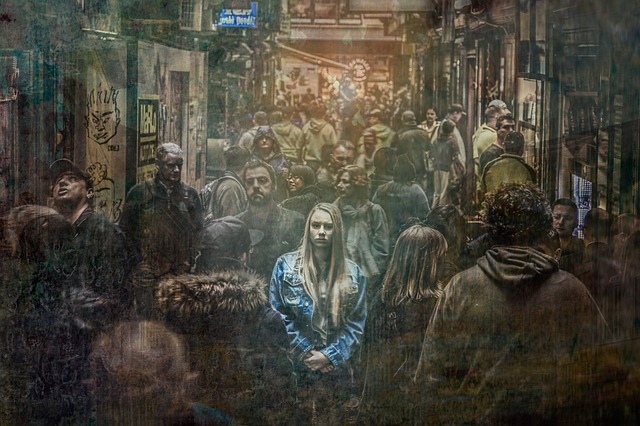In today’s fast-paced world, where advancements in science and modern philosophy shape our understanding of existence, many find themselves grappling with existential anxiety. This pervasive feeling often leaves individuals questioning their place in a vast universe that seems increasingly indifferent to human concerns. The question arises: how do we navigate this intricate landscape of knowledge and belief while managing our inner turmoil?
As scientific discoveries expand our understanding of the universe, they often confront deeply held beliefs about purpose and meaning. The more we learn about the cosmos—from the intricacies of quantum mechanics to the revelations of evolutionary biology—the more we may feel like mere specks in a grand and unfathomable design. This awareness can ignite a profound sense of existential anxiety, as we struggle to reconcile the awe of scientific knowledge with the fear of insignificance.
Modern philosophy has ventured into these realms as well, with thinkers like existentialists Jean-Paul Sartre and Simone de Beauvoir emphasizing personal freedom and responsibility against the backdrop of an absurd universe. Their works highlight the individual’s struggle to find meaning in a world devoid of inherent significance. Such perspectives resonate deeply today, as we grapple with societal expectations, technological advancements, and our own evolving identities.
In an age where information is at our fingertips, the pressure to find definitive answers can heighten existential anxiety. We are inundated with knowledge about everything from climate change to artificial intelligence, pushing us to confront our mortality in new ways. The question is: how do we embrace the complex interplay of science and philosophy while maintaining our mental well-being?
Engaging with existential anxiety doesn’t have to be a daunting endeavor. Recognizing that it is a common experience can help individuals feel less isolated in their struggles. Sharing thoughts within communities—be it through discussion groups, workshops, or online forums—can create a supportive environment for exploring these anxieties. Importantly, embracing uncertainties and the fluidity of existence can foster growth and resilience.
Modern mindfulness practices also offer tools to navigate existential anxiety. By grounding ourselves in the present moment, we can quiet the overwhelming thoughts about the future and what it means for our existence. This shift in focus allows us to appreciate the beauty of our immediate experiences, therefore diminishing the intensity of existential dread.
Ultimately, the exploration of existential anxiety in the age of science and modern philosophy invites us to reflect on our own narratives. It encourages a dialogue between our inner thoughts and the external realities we face. By embracing the uncertainties and complexities of life, we can transform existential anxiety into a catalyst for personal growth and understanding.




